Filter by
The language used throughout the course, in both instruction and assessments.
Results for "exoplanets+detection"

Technical University of Munich (TUM)
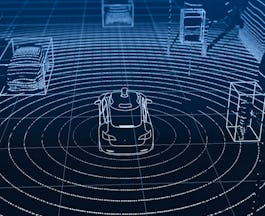
University of Toronto
Skills you'll gain: Machine Learning, Applied Machine Learning, Computer Programming, Python Programming, Artificial Neural Networks, Computer Vision

Columbia University
Skills you'll gain: Computer Vision

Coursera Project Network
Skills you'll gain: Machine Learning, Natural Language Processing, Python Programming

Technical University of Munich (TUM)
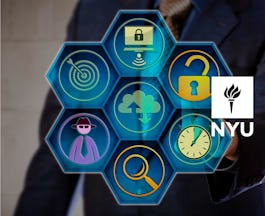
New York University
Skills you'll gain: Computer Networking, Cyberattacks, Network Architecture, Network Security, Security Engineering, System Security, Security Strategy, Computer Security Incident Management, Computer Security Models, Strategy

Johns Hopkins University
Skills you'll gain: Machine Learning, Artificial Neural Networks, Machine Learning Algorithms, Probability & Statistics
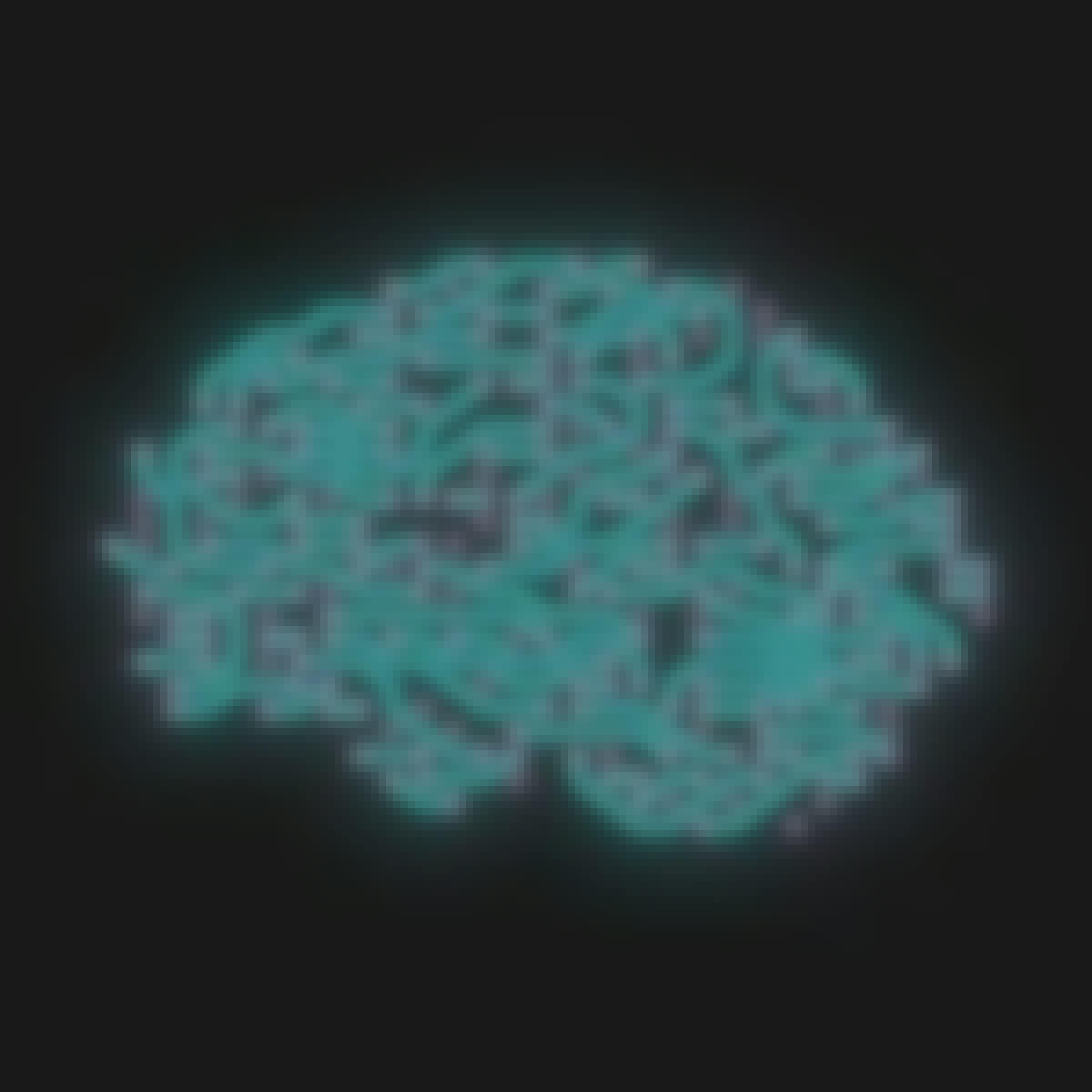
Skills you'll gain: Algorithms, Dimensionality Reduction, Feature Engineering, Machine Learning, Data Science, Python Programming
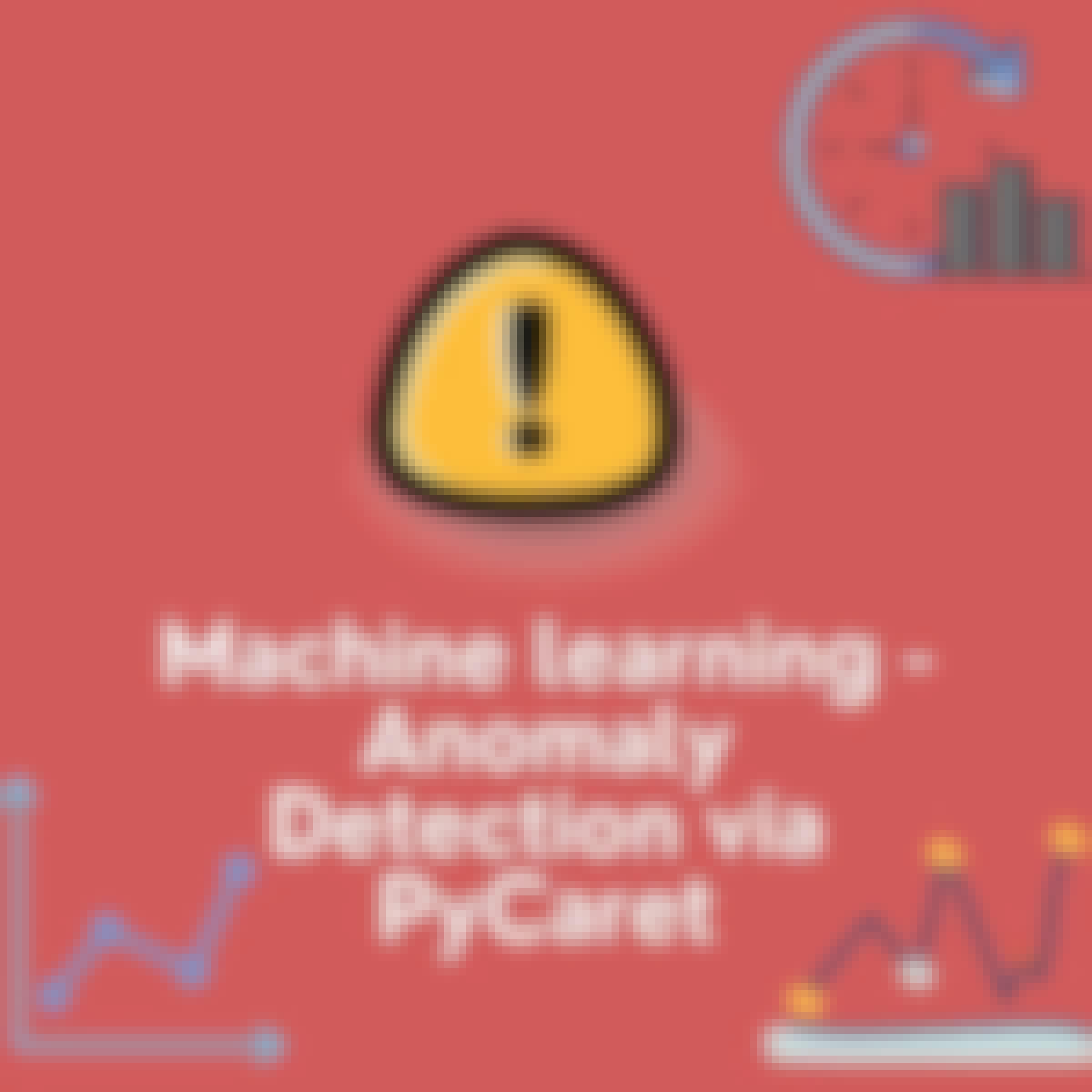
Coursera Project Network
Skills you'll gain: Data Visualization, Machine Learning
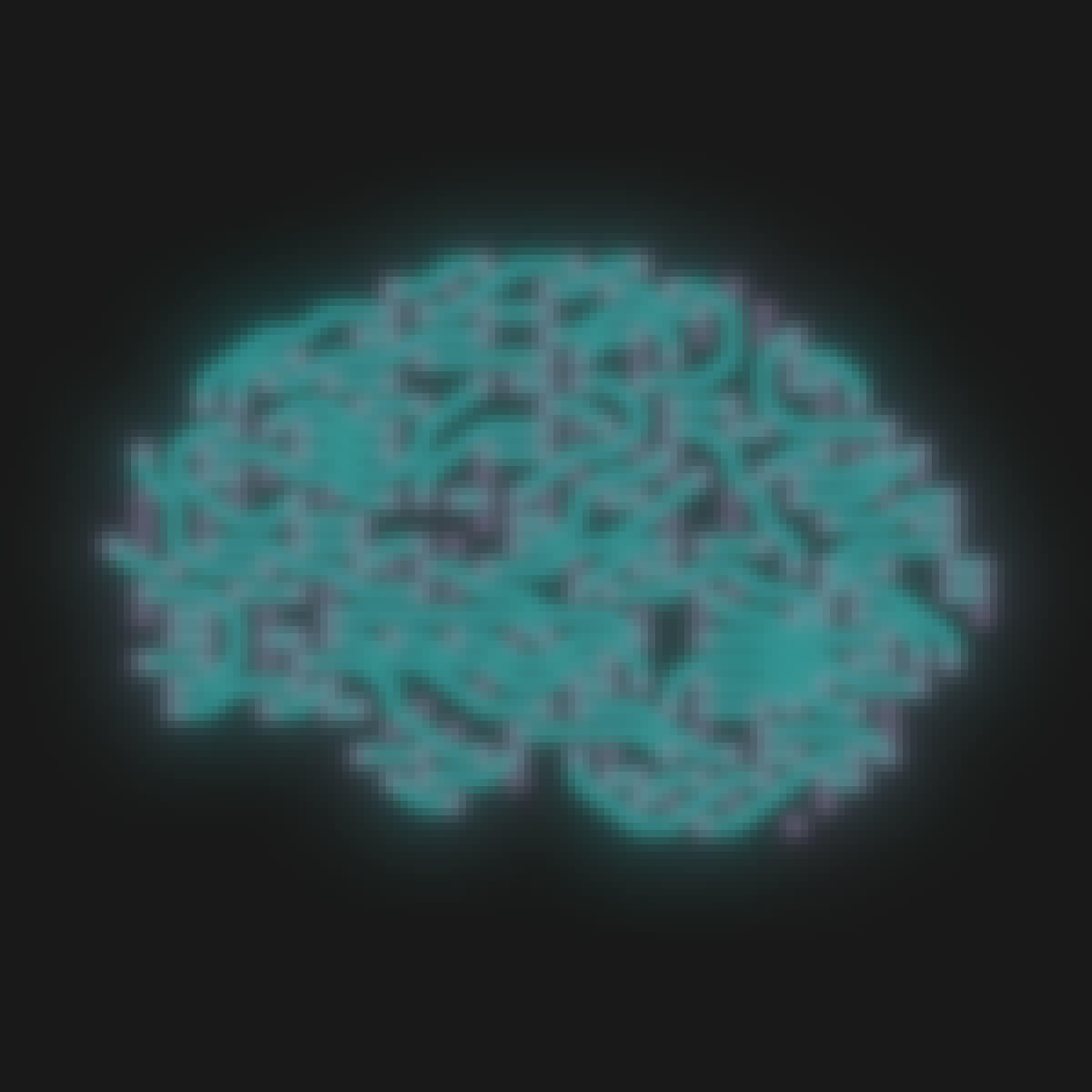
Skills you'll gain: Data Analysis, Data Visualization, Data Science, Machine Learning, Python Programming
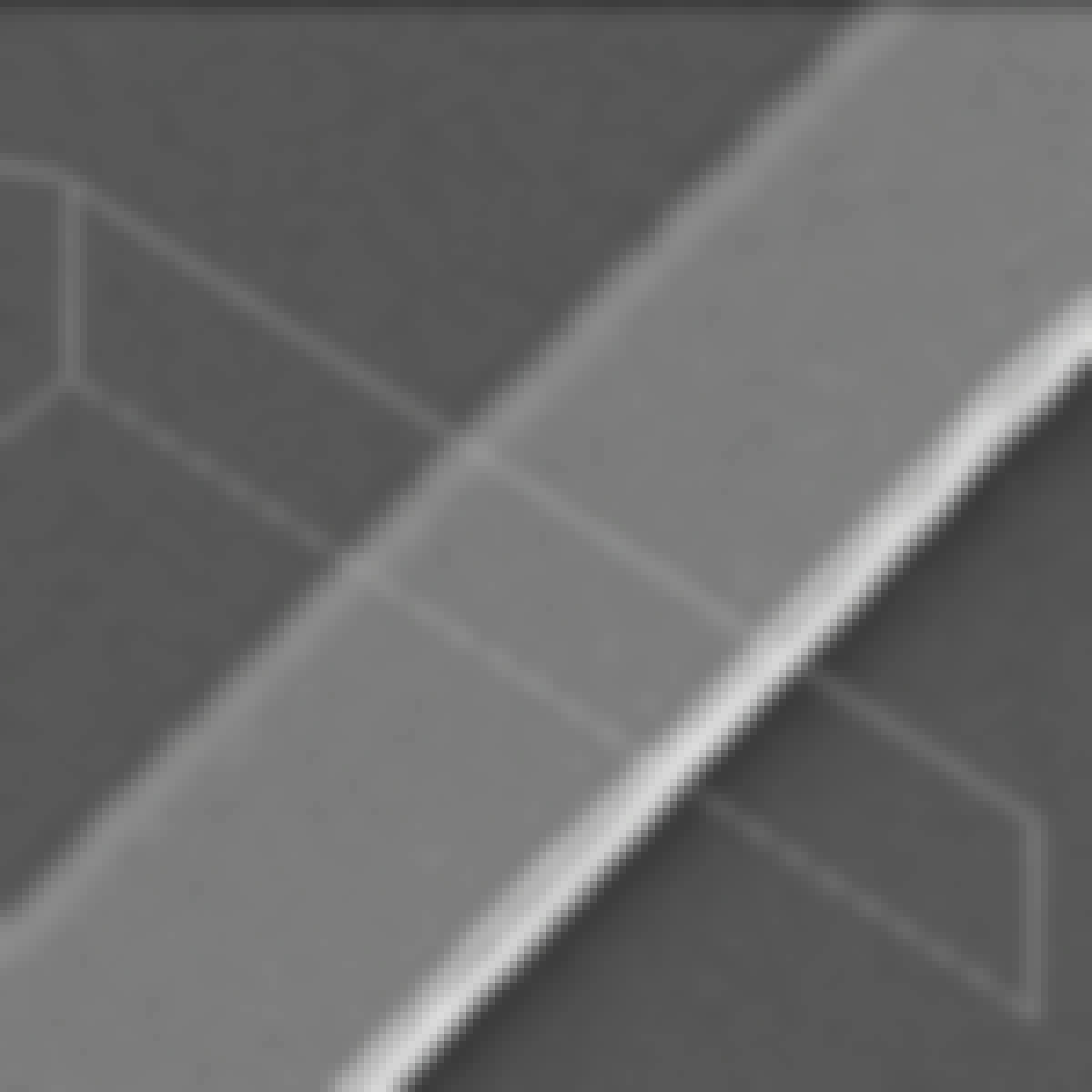
University of Colorado Boulder
In summary, here are 10 of our most popular exoplanets+detection courses
- Digitalisation in Space Research: Technical University of Munich (TUM)
- Visual Perception for Self-Driving Cars: University of Toronto
- Features and Boundaries: Columbia University
- Fake News Detection with Machine Learning: Coursera Project Network
- Space Exploration: Technical University of Munich (TUM)
- Real-Time Cyber Threat Detection and Mitigation: New York University
- Capstone: Autonomous Runway Detection for IoT: EIT Digital
- Artificial Intelligence for Breast Cancer Detection: Johns Hopkins University
- AI Workflow: Feature Engineering and Bias Detection: IBM
- Machine Learning - Anomaly Detection via PyCaret: Coursera Project Network











